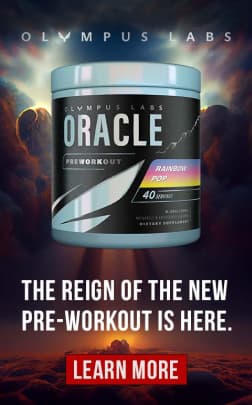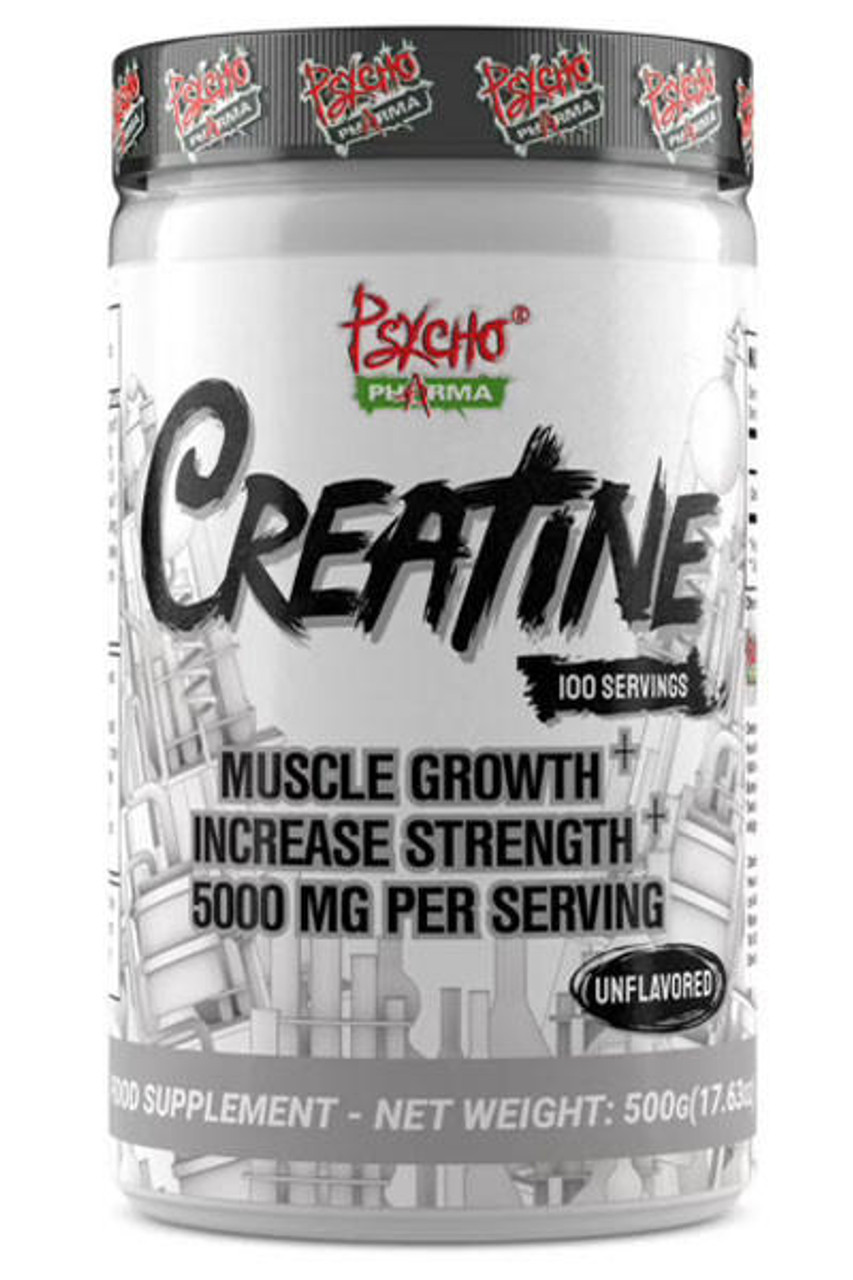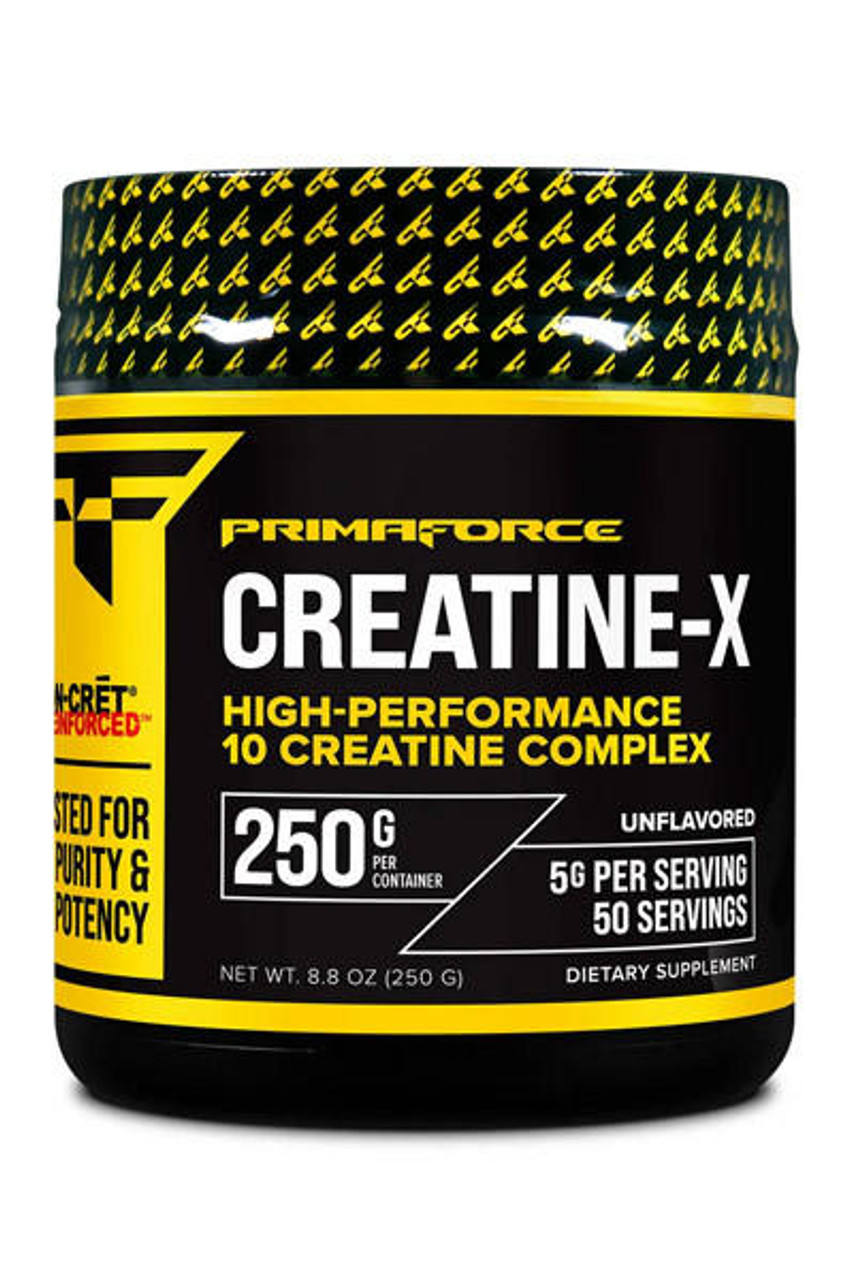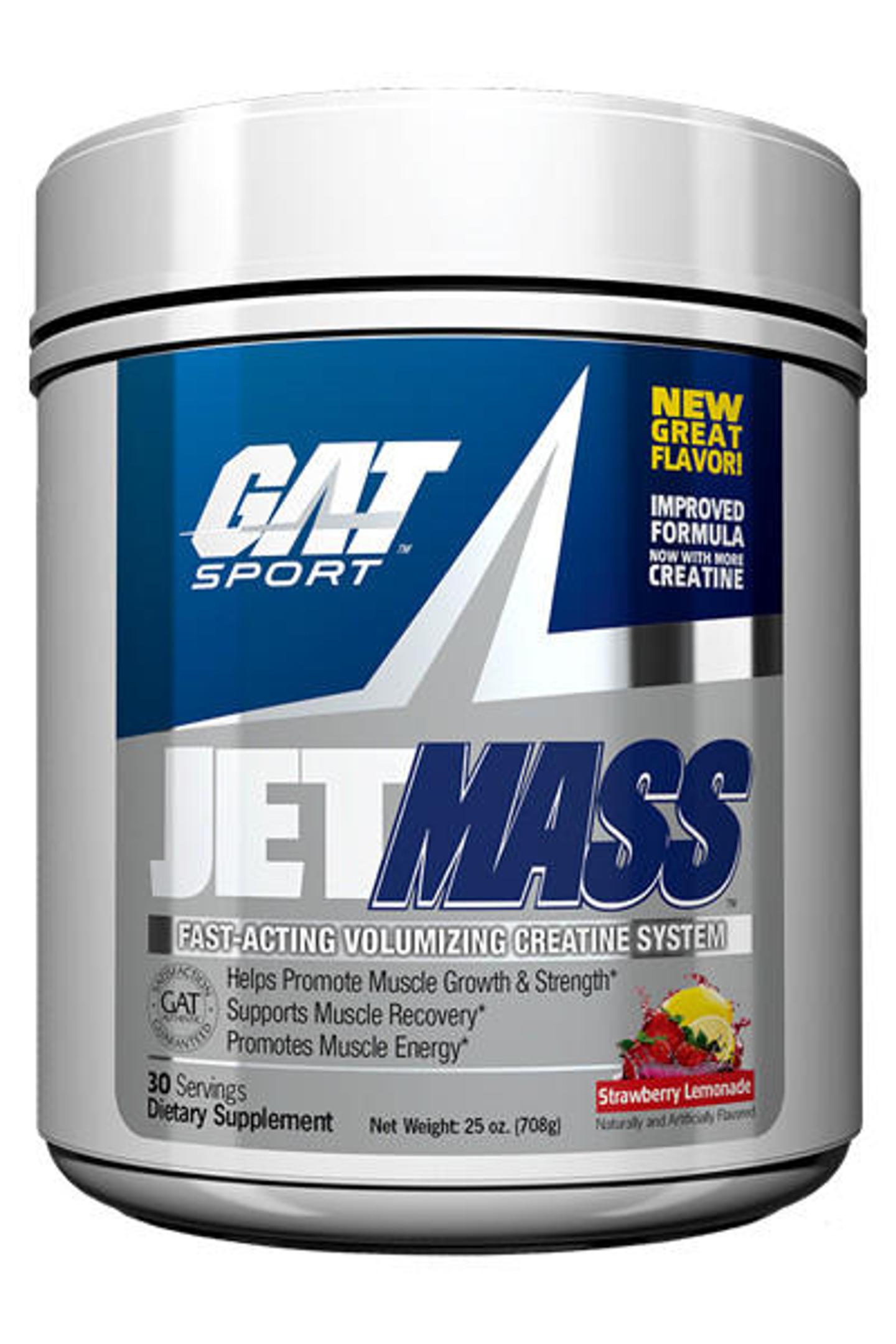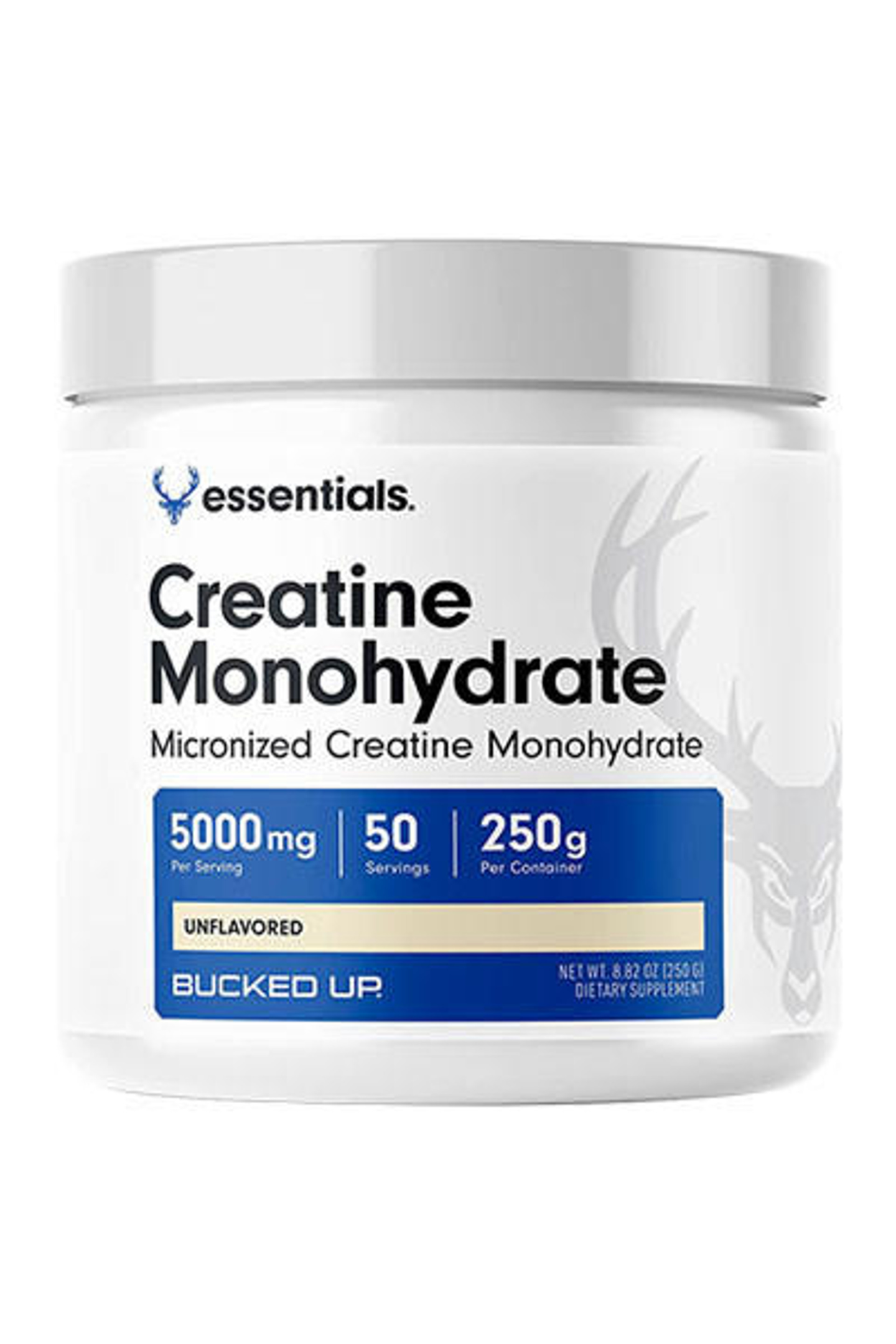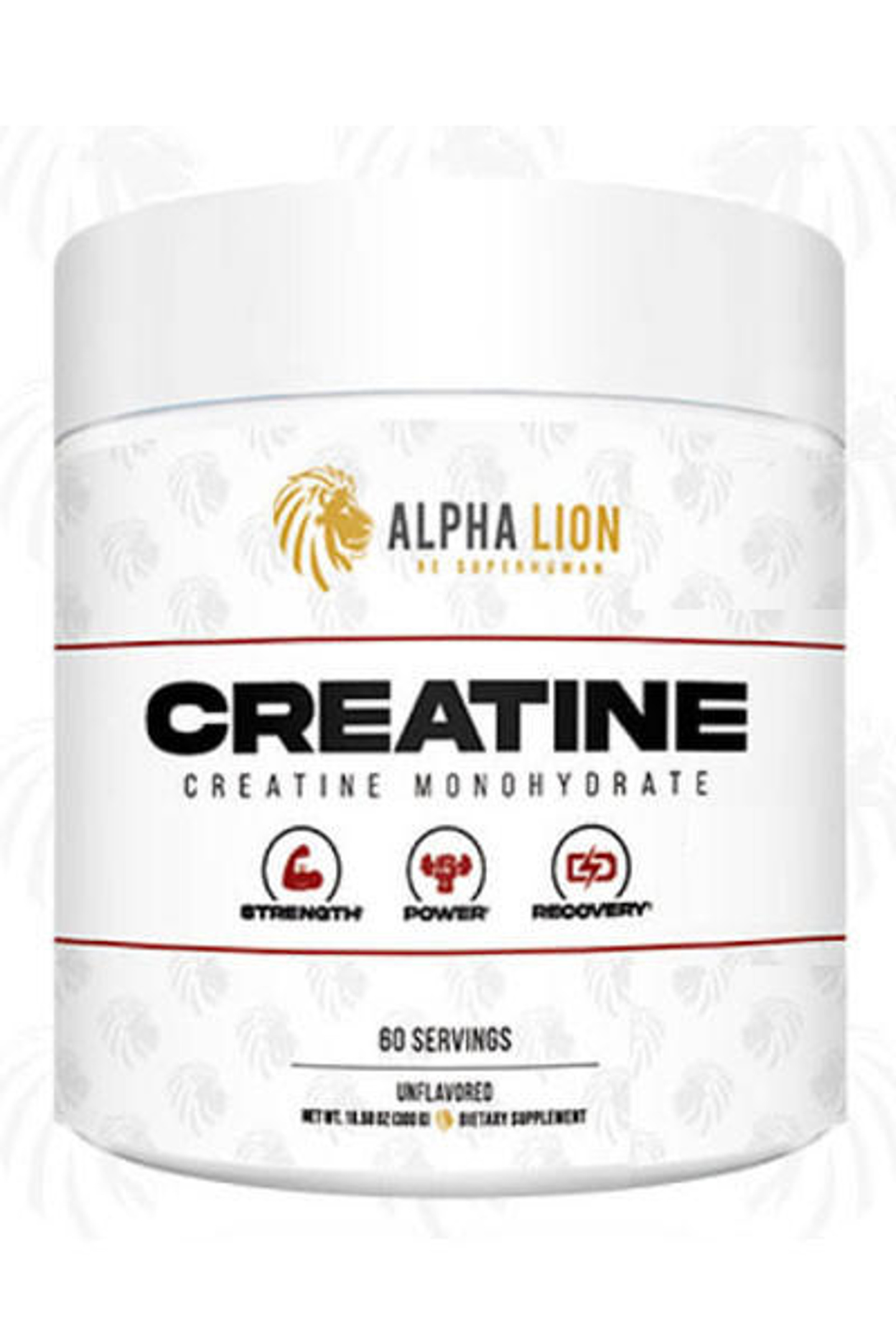Does Creatine Expire? The Truth About Shelf Life and Effectiveness
Posted by Leonard Shemtob on Jun 05, 2024
Have you ever wondered if your creatine supplement is still good to use, even after it's been sitting on your shelf for a while? We're here to answer that question for you.
Creatine is a famous supplement used by athletes and fitness enthusiasts to improve performance during workouts and promote muscle growth. But does it have an expiration date?
In this article, we'll explore the truth behind the shelf life and effectiveness of creatine. We'll start by explaining what creatine is and how it works in the body.
Then, we'll dive into the factors that can affect its potency over time, such as storage conditions and packaging. You'll learn how to identify whether your creatine has gone bad and whether it's still safe to consume.
Plus, we'll discuss strategies to prolong the shelf life of your creatine and ensure you get the most out of your investment. So, if you're into fitness or considering adding creatine to your routine, read on to discover what you need to know.
[Related] Before and After Creatine: Real-Life Results and Benefits
Short Summary
- Unlocking Creatine's Power: Understand what creatine is and how it benefits athletes and fitness enthusiasts.
- Deciphering the Expiration Mystery: Explore whether creatine supplements have an expiration date and the factors that can affect their potency over time.
- Spotting Signs of Spoilage: Learn how to identify signs of expired creatine and ensure its safety for consumption.
- Pro Tips for Prolonging Potency: Discover practical tips to prolong the shelf life of creatine and maximize its effectiveness.
- Best Creatine Supplement: Take the first step towards a stronger, more powerful you with Creatine by Psycho Pharma, a top-rated creatine supplement that guarantees freshness and effectiveness.
Related Reads:
What is Creatine?
Creatine is a natural substance found in your body, particularly in your muscles. It also comes from certain foods like red meat and seafood.
Creatine is often used as a supplement by bodybuilders and athletes to improve performance, increase muscle mass, and boost energy during high-intensity exercise.
Creatine plays a major role in supplying energy to your muscles, especially during short bursts of high-intensity activity like weightlifting or sprinting. It helps the body produce more ATP (adenosine triphosphate), the main source of cellular energy.
How Does Creatine Work?
Creatine works by increasing the levels of phosphocreatine in your muscles. Phosphocreatine is a form of stored energy in muscle cells that helps produce more ATP (adenosine triphosphate), your main energy source for muscle contractions.
When you perform high-intensity exercises like sprinting or weightlifting, your muscles use ATP for quick bursts of energy. However, ATP stores are limited and deplete rapidly. This is where creatine comes in.
By boosting phosphocreatine levels, creatine helps regenerate ATP more quickly, providing your muscles with the energy they need to sustain intense activity for longer periods.
In addition to enhancing ATP production, creatine also draws water into muscle cells, enhancing cell volume and promoting muscle growth. This combination of increased energy availability and muscle hydration helps improve overall exercise performance, strength, and muscle mass.
[Related] Does Creatine Help You Lose Weight? The Truth Revealed
Benefits of Creatine
Increased Muscle Strength: Creatine helps to increase muscle strength, allowing for heavier weights and more intense workouts.
Improved Muscle Endurance: Creatine delays the onset of fatigue, enabling athletes to perform exercises for longer periods.
Enhanced Muscle Power: Creatine supplementation has been linked to increased muscle power, essential for explosive exercises like weightlifting and sprinting.
Improved Exercise Performance: With more energy available, you can train harder and longer, enhancing overall performance in sports and exercise.
Faster Muscle Recovery: Creatine helps to reduce muscle soreness and fatigue, allowing for faster recovery between workouts.
Brain Health: Some studies suggest that creatine might support cognitive functions and help with neurological conditions.
Types of Creatine
Creatine Monohydrate: The most popular and well-researched form, known for its effectiveness and affordability. It consists of a creatine molecule and a water molecule.
Creatine Hydrochloride (HCl): Creatine HCl is known for its better solubility in water, which can make it easier on the stomach and reduce bloating. Some users prefer it for its convenience and reduced side effects.
Creatine Citrate: This form is a combination of creatine and citric acid. It is more expensive than creatine monohydrate supplements but may be more effective for some users.
Creatine Malate: This form combines creatine with malic acid. It is said to improve muscle endurance and reduce muscle fatigue.
Creatine Ethyl Ester: Claimed to have better absorption than creatine monohydrate, but research does not consistently support this. It’s converted to creatine in the body.
Liquid Creatine: This is creatine that has been dissolved in a liquid solution. It is marketed for its convenience, but it may not be as stable as powdered forms, potentially reducing its effectiveness over time.
Buffered Creatine (Kre-Alkalyn): This form of creatine is designed to have a higher pH level, which is supposed to improve stability and absorption. While some believe it prevents breakdown in the stomach, more research is needed to confirm its effectiveness.
Does Creatine Expire?
The short answer is yes, creatine can expire. Like many other supplements, creatine has a shelf life and can degrade over time, especially if not stored properly.
The expiration date of creatine is typically 2-3 years from the date of manufacture, depending on the specific product and storage conditions. After this time, the potency and effectiveness of the creatine may start to diminish.
It's important to note that expired creatine is not necessarily unsafe to consume, but it may not provide the same benefits as fresh, unexpired creatine. The degradation of creatine can result in a loss of potency, which means you may not experience the same performance-enhancing effects.
To make sure you're getting the most out of your creatine supplement, it's best to check the expiration date and store the product properly, in a cool, dry place, away from direct sunlight and moisture.
How Long Does Creatine Last?
Creatine typically lasts for about 2 to 3 years from the date of manufacture. However, its shelf life can differ depending on factors like storage conditions and the type of creatine.
To ensure your creatine stays fresh and effective for as long as possible, store it in a dry, cool place away from moisture and direct sunlight. Keeping the container tightly sealed also helps maintain its potency.
Signs of Expired Creatine
It's important to know when your creatine might have gone bad. Here are some signs to look out for:
- Change in Color: If your creatine changes color, it may be a sign of degradation.
- Strange Odor: A strong or unusual smell can indicate that the creatine has expired.
- Clumping: While some clumping can occur with creatine powder, excessive clumping might mean it has absorbed moisture and is no longer good.
- Change in Texture: If the creatine feels different than usual, it could be a sign that it has expired.
- Bad Taste: If the creatine tastes off or different than usual, it may no longer be safe to use.
- Reduced Effectiveness: If you’re not experiencing the usual benefits from your creatine supplement, it might be expired and less effective.
Does Expired Creatine Cause Any Potential Effects?
Taking expired creatine is generally not harmful, but it may not provide the same benefits as fresh creatine. Expired creatine generally loses potency rather than becoming dangerous.
You might not experience the full benefits, but it shouldn't cause adverse effects.
- Reduced Effectiveness: Expired creatine may not work as well, meaning you might not experience the usual improvements in strength, performance, or muscle growth.
- Possible Stomach Discomfort: In some cases, degraded creatine might cause mild stomach discomfort or upset, especially if it has absorbed moisture and started to break down.
- Unpleasant Taste: Expired creatine can develop an unpleasant taste, making it less enjoyable to consume.
While taking expired creatine is unlikely to cause serious harm, it's best to use fresh creatine within its recommended shelf life for optimal results.
How to Store Creatine
Proper storage can help keep your creatine effective for longer. Here’s how to do it:
- Cool and Dry: Heat and moisture are creatine's enemies. Aim for a cool, dry place like a cupboard or pantry, away from direct sunlight or heat sources.
- Airtight Container: The original container might be fine, but consider transferring it to a tightly sealed, resealable container for added protection against moisture.
- Avoid Heat: Don’t store creatine near heat sources like stoves or heaters, as high temperatures can degrade it.
Best Creatine Supplements to Try
1- Creatine by Psycho Pharma
Psycho Pharma's new creatine supplement provides 5 grams of creatine monohydrate per serving.
Creatine is widely recognized as an effective supplement for improving muscle mass, increasing strength, enhancing endurance, and boosting performance.
Key Benefits
- It increases your strength.
- It improves muscle growth.
- It enhances your endurance.
- It improves your overall performance.
Key Ingredients
- Creatine Monohydrate
Customer Reviews
 Good stuff
Good stuff
“good stuff, good quality, good price - will order again”
-Dez
2- Creatine-X by PrimaForce
Primaforce's Creatine-X offers a comprehensive blend of creatine compounds, designed to support muscle development and athletic performance.
This formula contains 10 types of creatine for optimal effectiveness. Each serving provides 5 grams of creatine, with a total of 250 grams per container. Creatine-X aims to fuel muscle growth, aid in recovery, and enhance strength.
Key Benefits
- It increases your strength.
- It helps improve power and endurance.
- It supports lean muscle mass.
- It accelerates your muscle recovery.
Key Ingredients
- Creatine Monohydrate
- Creatine Chelate
- CON-CRET® Creatine HCl
- Creatine Citrate
- Creatine Anhydrous
- Creatine AKG (2:1) Creatine Ethyl Ester HCl
- Creatine Pyruvate
- Di-Creatine Malate
- Tri-Creatine Malate
3- Jetmass Creatine by GAT Sport
Jetmass is a post-workout supplement designed to help with muscle recovery and growth. It is intended to replenish the nutrients and energy lost during intense exercise, supporting muscle growth and recovery.
The formula is designed to provide a premium blend of ingredients that help to rejuvenate muscles and support muscle growth. It is intended for individuals who engage in regular intense exercise and want to optimize their recovery and muscle growth.
Key Benefits
- It improves muscle growth.
- It replenishes muscle with muscle-building nutrients.
- It contains electrolytes for hydration and energy.
- It reduces muscle soreness.
- It provides sustained energy.
- It supports accelerated muscle recovery.
Key Ingredients
- Creatine Monohydrate
- Waxy Maize
- BCAAs
Customer Reviews
 Decent Stuff
Decent Stuff
“Well dosed, good flavor, mixes easily. A little more expensive than some of the other basic powders, but worth it to avoid clumping, or choking down chalkiness. Have purchased several times.”
-David L.
 Quick
Quick
“Great product quick recovery good taste No nonsense straight to the point will end up using more often”
-Power
 LOVE THIS STUFF!
LOVE THIS STUFF!
“Literally the best creatine supplement I have ever taken. Bumped up from 212 to 226 by using two jars as well as a mass gainer protein. It tastes sooooo damn good! (got 1 jar of each flavor. orange creme was definitely my favorite tho) Perfect for a post workout/recovery drink”
-Jamie
4- Creatine Monohydrate by Bucked Up
Creatine Monohydrate by Bucked Up is a muscle-building supplement that contains high-quality, micronized creatine monohydrate. This form of creatine is highly absorbable and effective, making it a renowned choice among athletes and bodybuilders.
This creatine monohydrate supplement is a scientifically backed supplement that has been widely used in the fitness world for years. It is known to help improve muscle growth, strength, and performance by increasing the amount of phosphocreatine in the muscles.
This increases your workout intensity and duration which can lead to greater muscle gains and improved overall fitness.
Key Benefits
- It increases your muscle growth and muscle volume.
- It boosts your strength and power.
- It improves your overall exercise performance.
- It speeds up your muscle recovery.
Key Ingredients
5- Creatine Monohydrate by Alpha Lion
Creatine monohydrate is a well-regarded supplement known for its potential to support muscle growth, strength, and performance. Alpha Lion offers a high-quality version of this supplement, containing micronized creatine monohydrate.
Micronized creatine monohydrate is easily absorbed by your body, providing efficient fuel for your muscles. It has gained attention among fitness enthusiasts seeking to optimize their workout results.
Key Benefits
- It increases muscle protein synthesis.
- It enhances muscle size, strength, and growth.
- It boosts cellular water retention.
- It maximizes strength and power.
- It supercharges your exercise performance.
- It supports enhanced muscle recovery.
Key Ingredients
- Micronized Creatine Monohydrate
FAQs: Does Creatine Expire?
Q: Can I take creatine every day?
A: Yes, creatine can be taken daily. Some research suggests cycling creatine (taking breaks) might not be necessary for optimal benefits.
Q: What are the benefits of taking creatine?
A: Creatine supplements are known to enhance muscle growth, increase strength, improve exercise performance, and aid in recovery after intense workouts.
Q: How long does creatine last?
A: Creatine supplements have a long shelf life, often lasting several years beyond the expiration date if stored properly in a dry, cool place away from moisture and sunlight. However, most creatine supplements expire in 2-3 years.
Q: Does creatine expire?
A: Yes, creatine can expire. The shelf life of creatine depends on several factors, including the type of creatine, storage conditions, and expiration date.
Q: What are the signs of expired creatine?
A: Signs of expired creatine include changes in color, smell, texture, and taste. If the creatine looks or smells different than usual, it may have degraded and should be replaced.
Q: Can I still use expired creatine?
A: While consuming expired creatine is generally not considered dangerous, it may not provide the same benefits as fresh, unexpired creatine. It's best to discard expired creatine and purchase a new supply.
Q: Who should not take creatine?
A: Individuals with certain medical conditions, such as kidney or liver disease, should consult with a healthcare professional before using creatine. Pregnant or breastfeeding women, and children, should also avoid creatine supplementation unless recommended by a doctor.
Q: How much creatine should I take?
A: The typical recommended dose for creatine monohydrate powder is 5 grams per day. However, it's best to follow the specific instructions on the chosen supplement and consult a healthcare professional for personalized advice.
Q: Is creatine right for me?
A: If you engage in high-intensity exercise and are looking to improve your performance and muscle gains, creatine might be a good option.
Final Thoughts
Creatine has earned its place as a popular supplement for athletes and fitness enthusiasts. It can be a valuable tool to support your training by potentially boosting muscle strength, performance, and recovery.
While creatine does expire, proper storage can help maintain its potency for longer periods. Paying attention to signs of expired creatine and using it within its recommended shelf life ensures optimal effectiveness.
When choosing a type, creatine monohydrate is the most researched and cost-effective option. But always prioritize consulting your doctor before starting any new supplement, including creatine.
Sources:
https://www.healthline.com/nutrition/does-creatin...
https://www.garagegymreviews.com/does-creatine-ex...
https://www.setforset.com/blogs/news/does-creatin...
Hall, M., & Trojian, T. H. (2013). Creatine supplementation. Current sports medicine reports, 12(4), 240–244. https://doi.org/10.1249/JSR.0b013e31829cdff2
Written and Sponsored by Leonard Shemtob
Leonard Shemtob is President of Strong Supplements and a published author. Leonard has been in the supplement space for over 20 years, specializing in fitness supplements and nutrition. Leonard appears on many podcasts, written over 100 articles about supplements and has studied nutrition, supplementation and bodybuilding.
Leonard's articles have been published in many top publications around the web. Leonard enjoys weight training, playing basketball and yoga, and also enjoys hiking. In his free time he studies and works on improving himself. For more detailed information, visit his official blog.

